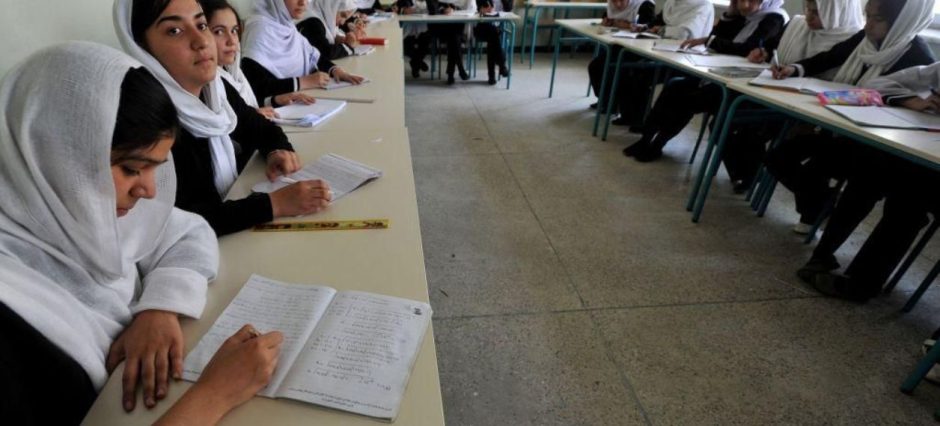The Sindh High Court (SHC) Sukkur Bench has issued a major directive to all private schools across Sindh. The court has ordered them to provide free education to at least 10 per cent of poor and deserving students.
The bench emphasized that every child has a right to education under the Constitution of Pakistan. The decision aims to ensure that financial hardship does not prevent deserving children from receiving quality education. The order applies to all private schools operating in the province, regardless of their size or fee structure.
According to the SHC order, private schools must create a transparent system for selecting needy students. The schools are also required to maintain records showing compliance with the directive. This initiative is part of the court’s broader effort to improve access to education for underprivileged communities in Sindh.
Education officials welcomed the ruling, saying it could reduce inequality in access to quality education. Parents of low-income families also expressed hope that the implementation of this order would ease their financial burden and allow their children to study in better institutions.
In its remarks, the court highlighted that education is not just a privilege but a basic human right. The bench observed that many private schools charge high tuition fees, which remain out of reach for poor families. By requiring private schools to provide free education to 10 per cent of needy students, the SHC aims to bridge this growing gap between rich and poor students.
The court also directed the provincial education department to monitor the implementation of its order. Regular inspections and reports will be required to ensure that schools do not ignore the directive. The education department has been instructed to establish a mechanism for parents to report violations anonymously.
In a related context, efforts to improve social welfare and justice continue across the province. Recently, the abducted son of Ziarat Assistant Commissioner was found alive, highlighting the growing role of institutions in addressing public concerns and ensuring accountability.
Legal experts have described the SHC’s decision as a step toward promoting equality and strengthening citizens’ constitutional rights. Many believe it will set a precedent for other provinces to adopt similar measures.
The SHC orders private schools to provide free education to 10pc needy students not only to fulfill legal obligations but also to build a more inclusive and educated society. The implementation of this directive is now being closely watched by both the education department and civil society organizations.











